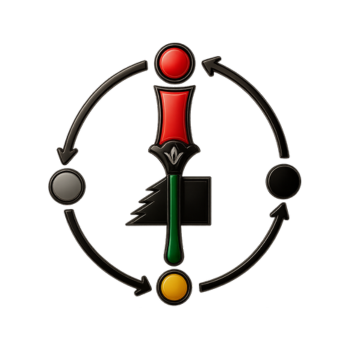-
“Although the goge is performed in a number of contexts in Hausaland, one of the most common is the religious worship of Bori spirits (iskoki). Before the introduction of Islam between the eleventh and fifteenth centuries ce, the Bori religion was practiced under the direction of a differentiated priesthood. Islam, however, has been the official state religion since the reign of the Hausa king Muhammad Rumfa (ca. 1463–1499) and most urban Hausa now accept Islamic beliefs—yet some of them incorporate spirit possession in their religious practice (Besmer 1972/1973:1, 1974, 1983; Ingawa 1974), and Bori continues to be the dominant religion in rural areas of northern Nigeria.2 During the 1960s and 1970s, fiddle music could also be heard in nightclubs in various cities in northern Nigeria.3 I have had the opportunity to observe fiddling in both contexts, and although the two arenas might initially seem to be nearly diametrically opposed, a close examination of performances in each suggests some interesting connections.”
-Jacqueline Cogdell Djedje, Fiddling in West Africa: Touching the Spirit in Fulbe, Hausa, and Dagbamba Cultures

